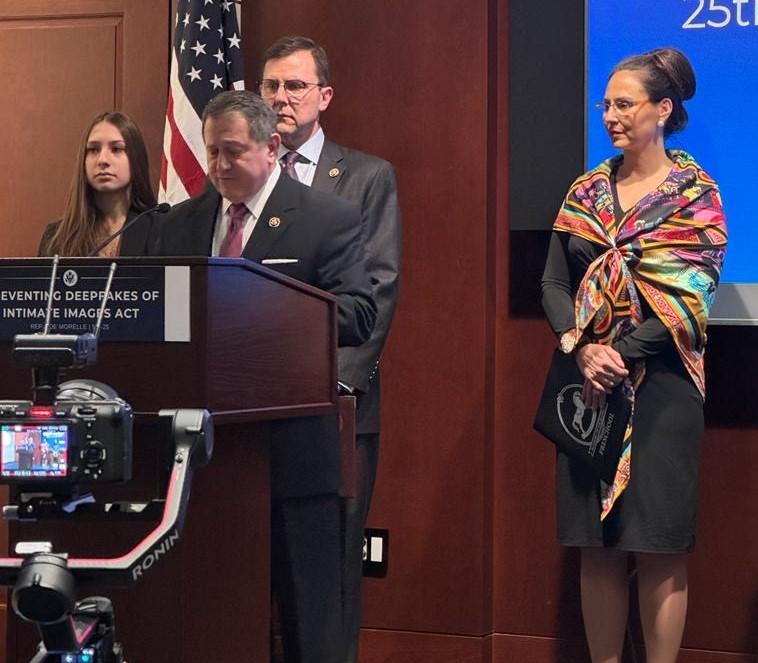Responding to strong opposition, U.S. House leadership has pulled from consideration a bill intended to speed up the process through which non-citizens who hold employment-based visas can acquire a Permanent Resident Card, commonly called a green card.
There are roughly 140,000 individual green cards available each year. There are also family green cards granted to non-citizens who seek to join immediate family members living legally in the United States.





